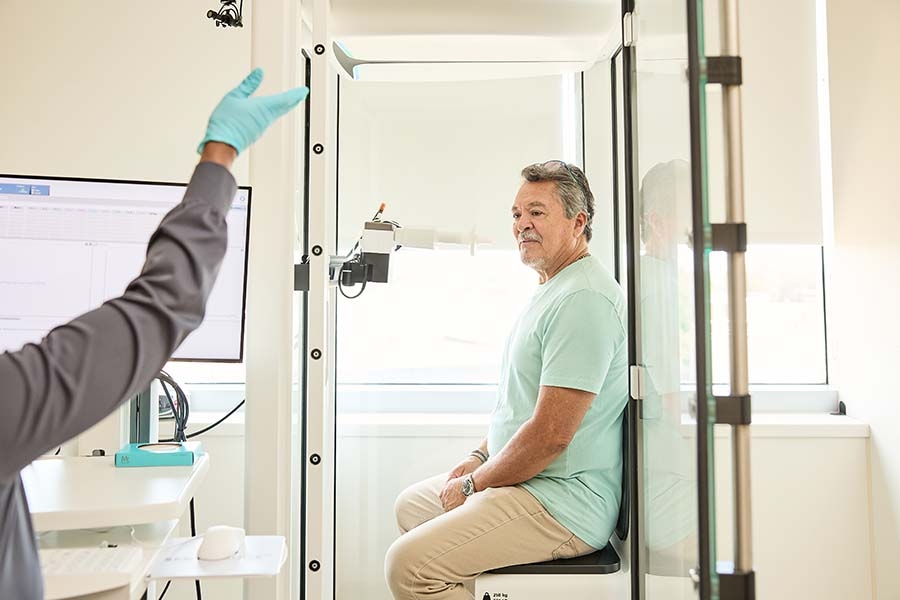Did you know if you stretched out your small intestine it would be taller than an adult giraffe? It's true! The small intestine reaches over 20 feet and the large bowel (the colon) is another five feet long.
In gastroenterology, we commonly perform upper endoscopies that view the esophagus, stomach, and beginning of the small intestine. Another routine procedure, the colonoscopy, only examines the five feet of colon. This leaves over 20 feet of bowel left uninvestigated. So, how can we inspect the small bowel?
Video capsule endoscopy is a noninvasive method that does not require sedation to image the small intestine. A tiny camera is placed inside a vitamin-sized capsule that is swallowed. As the capsule travels through the digestive tract, it snaps thousands of pictures that are transmitted via radio to a recorder worn on a belt around the waist.
Why Capsule Endoscopy?
The most common reason to perform a capsule endoscopy is to search for a cause of intestinal bleeding that cannot be found during conventional upper and lower endoscopies. It is also useful for assessing inflammatory bowel disease, small bowel tumors, and ulcers.
How to Prepare for a Capsule Endoscopy?
Generally, you need to fast overnight before the test. This is done so the bowel is free of food debris which would interfere with the images. You should also tell your doctor in advance about any medications you are taking. If you have a pacemaker or defibrillator, have had previous abdominal surgeries, or have had bowel obstructions in the past, you may not be able to have a capsule endoscopy safely performed.
What to Expect During the Capsule Endoscopy?
After the recording device has been activated and you swallow the video capsule you can go about your normal routine. Two hours after you swallow the camera you may drink clear liquids and take your medications. After four hours you may consume a meal. After eight hours the test is complete. The recorder will be collected and the images viewed by a physician. You won't feel anything unusual during the test. The capsule will continue through your digestive tract and will be passed in your stool. And don't worry, it's disposable and flushes down the toilet. We don't want it back!
Who Should Not Have a Capsule Endoscopy?
If you have ever had a bowel obstruction or have a known area of narrowing, it could lead to the capsule getting stuck in the bowel. There is also possible interference if you have an implanted electrical device such as a pacemaker or defibrillator. You should also avoid having an MRI test until the passage of the capsule has been confirmed.
Video capsule endoscopy is a unique tool that allows doctors to see inside the small bowel and examine a difficult to reach area of the digestive tract. So, the next time you visit the Philadelphia Zoo, check out the giraffes and marvel at the length of your small intestine!
The information on this Site is for informational purposes only and is not intended as a substitute for medical professional help, advice, diagnosis or treatment. Always seek the advice of your physician or other qualified health care provider with any questions that you have regarding your medical care. For more information, see our Terms of Use.

